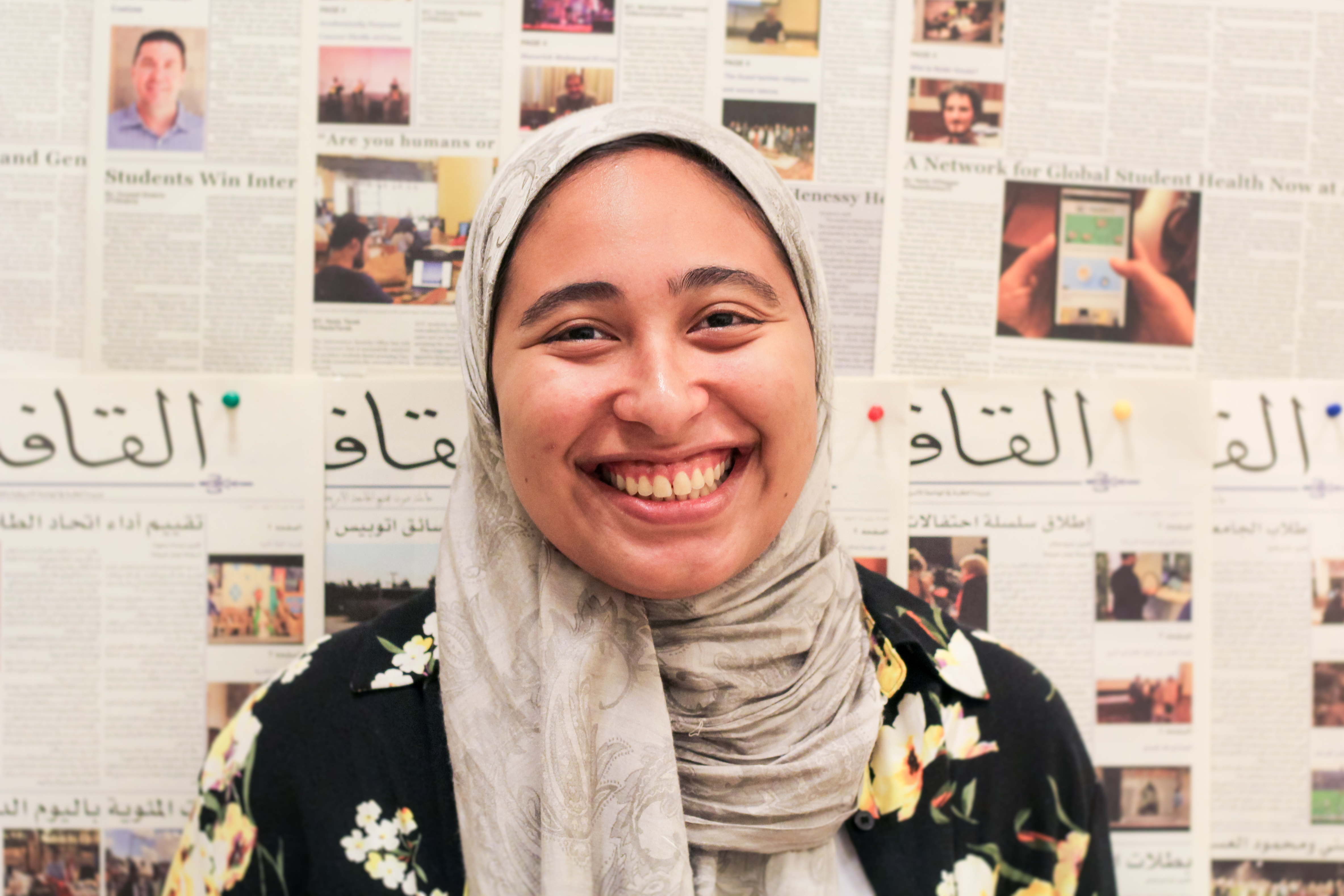Noran Morsi
Senior English Editor
While attending Fatima Bhutto’s writing workshop last week, I asked her a question about how she’s managed to balance writing objective journalism that doesn’t explicitly encompass her opinions with more creatively written reportage. I’ve always found it difficult to write objective journalism that is interesting to read and isn’t boring news delivery or some backwards manifestation of a press release.
Her response was simple. “There is no such thing as objective journalism,” she said.
I’ve been thinking about that for a few days. I’ve taken about a dozen journalism classes at university and each has begun with no less than three lectures on unbiased and objective journalism, as well as how to avoid being opinionated in your writing. Professors’ advice ranged from not including “I” in our writing, not addressing the reader and never including an opinion without it being cited as a quote.
This advice specifically applies to the publication you’re reading right now, only excluding this very opinion column.
But, is it actually possible to have 100 percent objective journalism?
Let’s explore this.
There are so many variables that make a piece of writing or multimedia subjective.
It starts with who you choose to interview. Whether you’re interviewing a student or a member of the administration to deal with a student-centric issue makes a tremendous difference.
It also matters greatly what questions you choose to ask. You can always frame questions to get exactly the answer you want.
Finally, it matters what quotes you decide to include. Even the angle you choose to tackle a story from is subjective. This especially applies to investigative stories, for which the objective is in itself subjective. You have a hunch, and you try to prove that it’s true.
We can always hope that our opinions don’t somehow seep into our writing, to maintain an illusion of legitimacy and authenticity. But it is extremely difficult to achieve. Your writing is your observations, your personal experience. You are always part of the story that you’re telling. You’re part of the experience of each interview you hold. The way your interviewee treated you is part of your reporting. Journalism is not free of personality, or maybe it shouldn’t be.
All of this is to say that nothing you read will ever be fully objective, or else, why would someone write it? There will always be an objective – no pun intended.
At The Caravan our objective will be to strive for it as much as we can.
